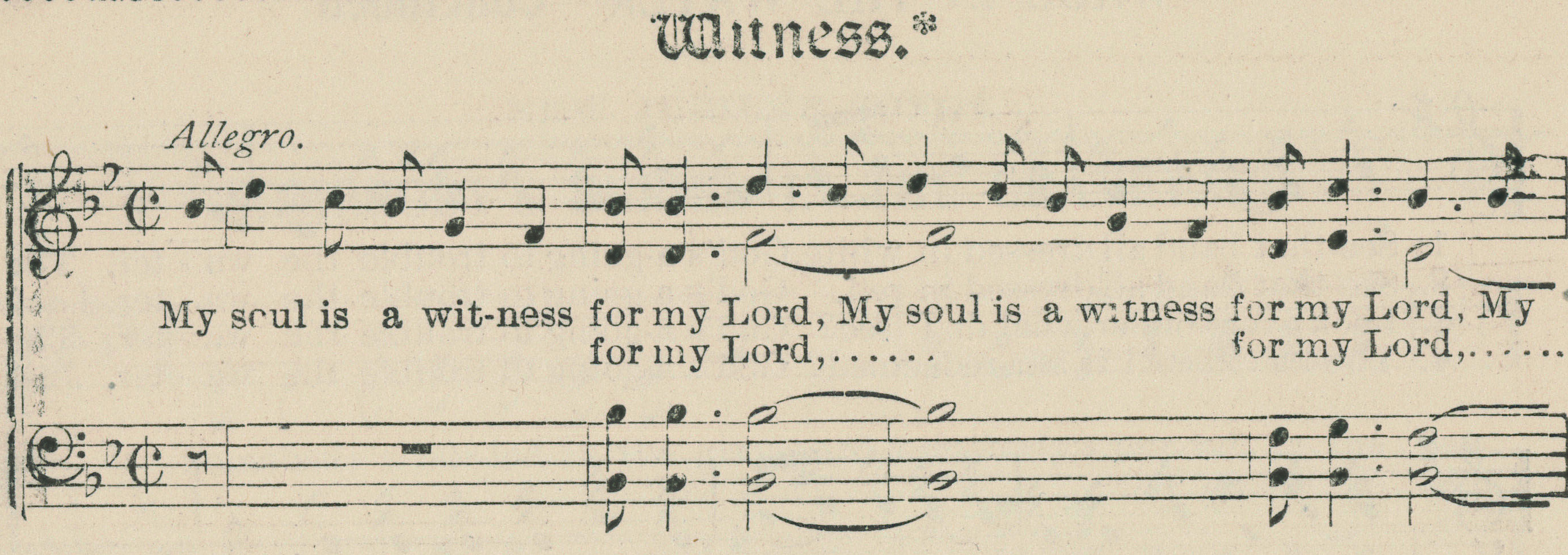
In the late nineteenth and early twentieth centuries, African American sacred music was published for black congregational use and staged performance. Denominations like the African Methodist Episcopal Church (founded 1816), the National Baptist Convention (founded 1880), and the Church of God in Christ (founded 1897) had their own publishing concerns that issued collections of music. Individual black poets and composers were also active during this period, including composer-arranger Francis. A. Clark (1886–1948), gospel composer Thoro Harris (1874–1955), and poet Amanda Smith (1837–1915). Minstrel songbooks from the mid-1870s onward often included spirituals (many apocryphal or “improved”) alongside coon songs, paving the way for performance practices that crossed both color lines and the sacred/secular divide. Black entertainer Sam Lucas (?–1916), for example, often featured spirituals in his comedic acts. In the post–Civil War era, white and black song collectors edited and published African American sacred music. Historically black colleges and universities, like Fisk University founded 1865 in Nashville, Tennessee, and Hampton University founded 1868 in Hampton, Virginia, hosted jubilee choirs that performed internationally and published popular collections of spiritual arrangements.
—Erin Fulton
Folk Songs of the American Negro
- Author: Frederick J. Work
- Published: 1907
- Publisher: John W. Work and Frederick J. Work
- Publication City: Nashville, Tennessee
- Added: Feb. 28, 2020, 8:37 p.m.
Folk Songs of the American Negro: No. 2
- Author: Frederick J. Work; John W. Work
- Published: 1907
- Publisher: Work Brothers
- Publication City: Nashville, Tennessee
- Added: April 28, 2020, 3:06 p.m.
Mellows
- Author: R. Emmet Kennedy, with illustrations by Simmons Persons
- Published: 1925
- Publisher: Albert and Charles Boni
- Publication City: New York, New York; compiled in Gretna, Louisiana
- Added: March 5, 2020, 3:44 p.m.